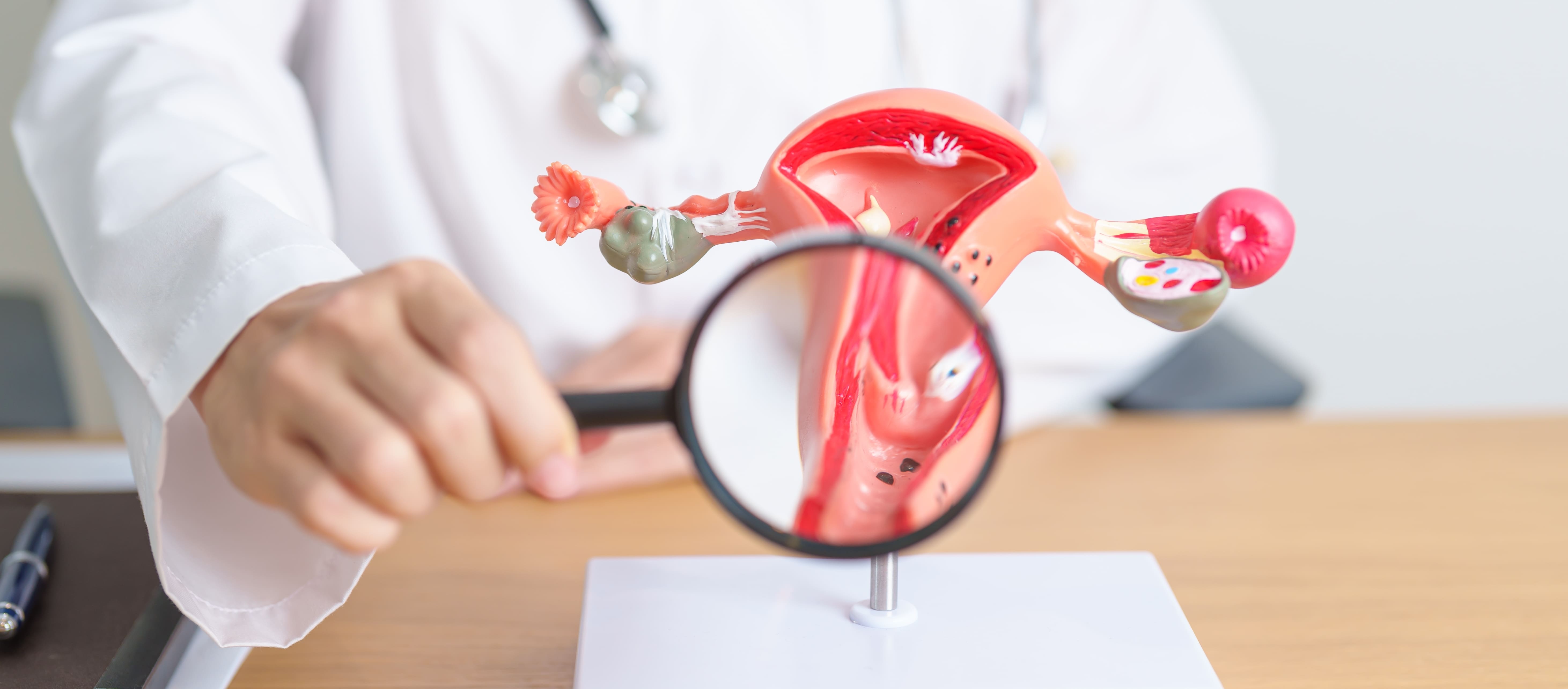Endometriosis affects millions of women worldwide, often silently. It doesn’t just cause pain—it can also affect fertility. But the good news is that modern treatments now offer more hope than ever before.
What Is Endometriosis?
Endometriosis is a condition where tissue similar to the lining of the uterus grows outside it—on the ovaries, fallopian tubes, or pelvic lining. This tissue responds to monthly hormones, causing inflammation, scarring, and pain.
Symptoms may include:
- Painful or heavy periods
- Pain during sex
- Chronic pelvic pain
- Difficulty conceiving
It’s estimated that 30–50% of women with endometriosis experience infertility.
How Endometriosis Affects Fertility
- Distorted anatomy: Scar tissue (adhesions) can block fallopian tubes or damage ovaries.
- Inflammation: Pelvic inflammation may affect egg quality or sperm function.
- Hormonal disruption: The condition can interfere with ovulation.
- Reduced ovarian reserve: Endometriomas (“chocolate cysts” on ovaries) may reduce egg count over time.
But it’s important to remember: having endometriosis does not mean you can’t get pregnant. Many women with the condition conceive naturally or with treatment.
Treatment Options for Endometriosis and Infertility
1. Lifestyle and Medical Management
- Pain relief (NSAIDs, hormonal contraceptives) can manage symptoms but do not directly treat infertility.
- A healthy lifestyle—balanced diet, exercise, stress reduction—can support overall reproductive health.
2. Surgery
- Laparoscopic surgery can remove endometriotic tissue, cysts, and adhesions.
- This can restore pelvic anatomy and improve chances of natural conception.
- Surgery may be especially helpful for women with severe pain or large endometriomas.
3. Assisted Reproductive Technology (ART)
- IUI (Intrauterine Insemination): May be used for mild cases if tubes are open and ovarian reserve is good.
- IVF (In Vitro Fertilisation): Often recommended when surgery alone isn’t effective. IVF bypasses many barriers by fertilising eggs outside the body and transferring embryos directly into the uterus.
- ICSI (Intracytoplasmic Sperm Injection): Can further improve fertilisation when sperm or egg quality is affected.
4. Egg Freezing
- For women diagnosed young, before significant ovarian damage, egg freezing can preserve future fertility.
Emotional Considerations
Endometriosis is not just a physical condition—it takes an emotional toll. The chronic pain, the delays in diagnosis (often 7–10 years), and the stress of infertility can be overwhelming.
Support groups, counseling, and mental health care are vital parts of treatment. Mei described it best: “Knowing there were others like me made me feel less alone—and gave me strength to keep going.”
Questions to Ask Your Doctor
- How severe is my endometriosis, and how does it affect fertility?
- Would surgery improve my chances of conceiving?
- Should I try naturally first, or consider IUI/IVF?
- How might treatment affect my ovarian reserve?
- What emotional or lifestyle supports can help me manage both pain and fertility?
Important Disclaimer
Treatment recommendations for endometriosis vary depending on severity, age, and country-specific medical guidelines. This article is for educational purposes only and does not replace medical advice. Always consult a licensed fertility specialist for personalised treatment options.
Final Thoughts
Endometriosis can make the path to parenthood more complex, but it does not make it impossible. With surgery, assisted reproductive technologies, and emotional support, many women go on to achieve healthy pregnancies.
For Mei, receiving the diagnosis wasn’t the end of her story—it was the beginning of a plan. Modern treatments gave her a way forward, reminding her that infertility isn’t final, and that hope is always part of the journey.


